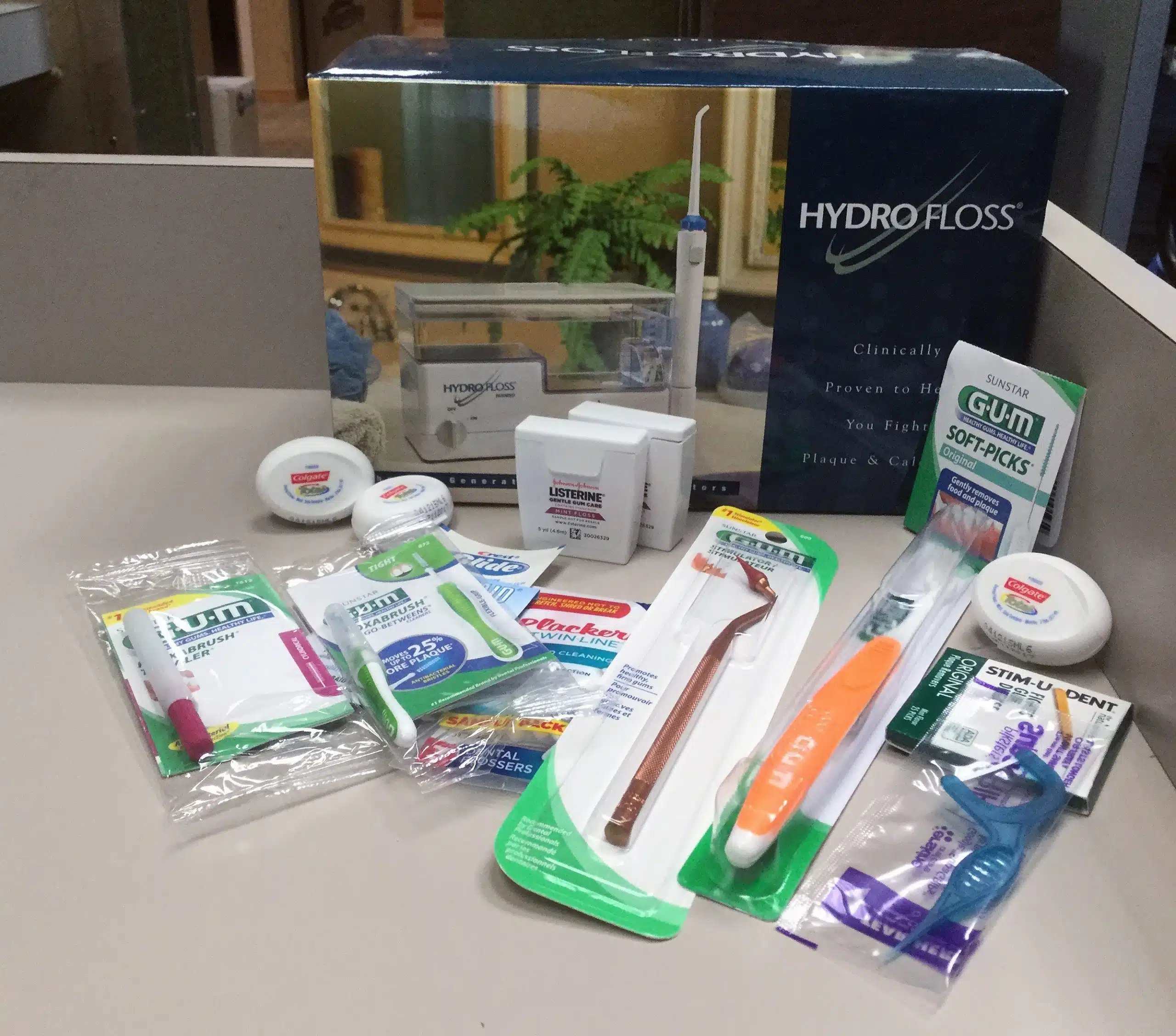Did you ever hear there were more mobile phones than toothbrushes? We wondered whether this startling statement was actually true. The Mobile Marketing Association of Asia originally reported this data, stating that, ‘out of 6 billion people on the planet, 4.8 billion have a mobile phone while only 4.2 billion own a toothbrush’ Link to article.
Phones Vs. Toothbrushes
Jamie Turner of 60 2nd Marketer attempted to determine the validity of this statement. A Google search using the phrase, “number of mobile phones worldwide,” showed that there are 4.6 billion mobile phone subscriptions worldwide. Yet, the true number of phone owners is more complicated than it seems. In some parts of the world, people have more than one subscription. When this variable was considered, the number of mobile phone owners dropped to 4.2 billion.
Mr. Turner had even more difficulty determining how many people own toothbrushes. Colgate reported having 34 percent of the market share in manual toothbrushes. Oral-B stated the yearly toothbrush market is $5 billion. By calculating the cost of toothbrushes on Amazon, he determined an average cost to be $3.00 in the US, but closer to $1.55 worldwide.
Ultimately, Mr. Turner concluded that approximately 3.22 billion toothbrushes were sold last year. And although it is almost impossible to determine the actual numbers of toothbrushes or mobile phones, the statement that there are more mobile phones than toothbrushes seems to have some validity.
3.22 BILLION TOOTHBRUSH OWNERS < 4.0 BILLION MOBILE PHONES OWNERS
Regardless of the exact number of toothbrushes or mobile phones, the real issue is the state of people’s oral hygiene and dental health. Is oral hygiene protocol satisfactory to maintain good oral health?
The American Dental Association has affirmed flossing as an essential part of tooth and gum care and has a web page outlining the benefits of flossing along with an instructional video.
Recommendations
Do the doctors and dental hygienists at Pi Dental Center recommend flossing?
Dr. Wolfinger
Dr. Glenn Wolfinger, Board Certified Prosthodontist at Pi Dental Center states, “For most dental implant patients, a toothbrush and Waterpik may be the most ideal method for oral hygiene. For those with natural teeth, brush and flossing is recommended. Flossing not only removes debris between teeth, but if done properly, could provide positive stimulation to the gingival tissues.”
 Connie
Connie
Connie Hartranft, RDH at Pi Dental Center, affirms, “As a Dental Hygienist who has worked in the field for over twenty years, I do find it surprising that there are limited long term studies on the effectiveness of flossing. It is accepted that brushing reduces the sticky matrix, filled with bacteria known as plaque on teeth and gums when done properly. Brushing, however, cannot reach the areas between the teeth and slightly below the gum line where quite a bit of bacteria accumulates. After spending countless hours treating patients, I feel that I have the practical knowledge to state there is a definite difference in the health of the gums and teeth when flossing is done properly in conjunction with brushing.”
Ms. Hartranft continues, “Many dental hygienists and dentists agree that flossing is not the only way to remove plaque. Other aids include interproximal brushes, water flossers, air flossers, interdental sticks and end tufted brushes. I continue to strongly recommend the importance of removing plaque between teeth to our patients, whether through flossing or other interdental aids.”
Dolly
Registered dental hygienist, Dolly Kituskie, suggests that patients brush at least twice daily, in the morning and evening. She goes on to recommend replacing the toothbrush every 3 to 4 months. Using a soft toothbrush is advisable. Things like floss, mouthrinse, interdental cleaners and tongue scrapers help to reduce plaque and control malodor. The teeth and oral cavity should be checked by your dentist at least twice yearly. People with periodontal disease or those who are prone to cavities, should see their dental hygienist three to four times a year.
Home Care Regimen
An individualized home care regimen should be developed by the oral hygienist and patient. A dental cleaning should include oral hygiene instruction to ensure that the patient is using the correct technique. Routine dental checkups help the patient determine that their home care regimen is sufficient to maintain their dental health.
Please call us at 215-646-6334 if you are due for oral hygiene or have a question.

 Connie
Connie
Very interesting statistics. Makes you wonder what is valued more, your oral health or having the newest phone gatget on the market.
Thanks for your comment, Helen! We also wonder about people’s priorities.
Is it better to floss in the morning or at night?
Floss at night because it is important to remove the bacteria that can flourish in a warm dark moist environment. Gram negative bacteria must to be removed. It is the bacteria that really does damage. Connie
Very hard written article, Thanks for sharing with us, keep writing this type of the article. Shein Payment Issues